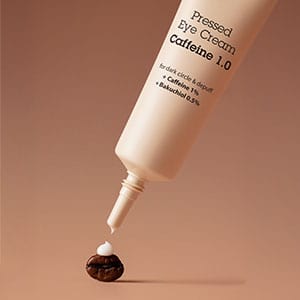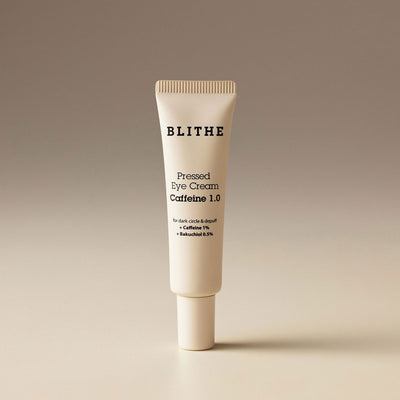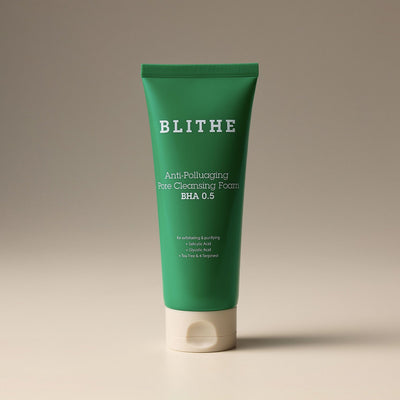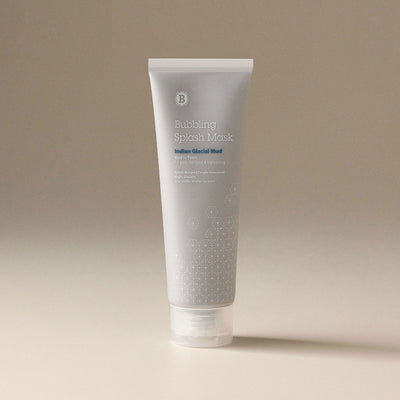Living with psoriasis can be challenging, especially when you experience unexpected flare-ups. These sudden outbreaks of inflamed, scaly skin have an impact on your daily life and comfort. Understanding the triggers behind flare-ups, particularly those related to seasonal changes, is crucial for managing your skin condition effectively.
In this article, you'll learn about the connection between psoriasis and different seasons. We'll explore common triggers for flare-ups during fall and winter, as well as spring and summer. You'll also discover practical solutions to manage your symptoms year-round, helping you to maintain healthier skin and improve your overall well-being. By the end, you'll be better equipped to handle seasonal changes and minimize their effect on your psoriasis.

Understanding Seasonal Changes
Psoriasis is a chronic autoimmune skin condition that causes itchiness and discomfort. It happens when your immune system becomes overactive, leading to rapid skin cell growth. This results in thick, scaly patches of red skin, known as plaques. While there's no cure, managing flare-ups is possible.
Interestingly, the seasons can have an impact on your symptoms. Many people notice changes in their skin as the weather shifts.
For some, summer brings relief with increased sunlight exposure and humidity. The sun's ultraviolet rays can slow down skin cell growth, potentially easing symptoms. However, others may experience worsening symptoms in warmer months due to factors like sunburn or increased sweating.
Fall and Winter Psoriasis Triggers
As the seasons change, you might notice your symptoms worsening. Fall and winter can be particularly challenging for those dealing with flare-ups. The colder months bring dry air, which can rob your skin of much-needed moisture. This lack of humidity, both outdoors and indoors due to heating, can trigger flares and make your skin more prone to itching and flaking.
Additionally, the reduced sunlight exposure during these seasons plays a role. Sunlight's ultraviolet rays usually help slow down skin cell growth, a key factor in managing psoriasis. With less time spent outdoors and bundled-up clothing, your skin misses out on this natural treatment. To combat these triggers, consider using a humidifier at home, moisturizing regularly, and talking to your doctor about phototherapy options to make up for the lack of natural sunlight.
Spring and Summer Triggers
As the weather warms up, you might notice changes in your symptoms. While some people find relief during these seasons, others may experience flare-ups. In spring, tree pollen can trigger allergies, leading to itchy skin and potentially worsening psoriasis. To manage this, try staying indoors when pollen counts are high and shower after being outside.
Summer brings its own challenges. Heat and humidity can cause excessive sweating, which may irritate your skin. However, moderate sun exposure can actually help improve symptoms due to the beneficial effects of UV rays. Just be careful not to overdo it, as sunburn can trigger a flare-up. When swimming, rinse off immediately after to remove chlorine or salt water, which can dry out your skin. 
Managing Seasonal Psoriasis Flare-Ups
To manage psoriasis flare-ups throughout the year, it's crucial to adapt your skincare routine to each season. In winter, combat dry air by using thick, fragrance-free moisturizers and taking short, lukewarm showers. Consider using a humidifier to add moisture to indoor air. During spring and summer, moderate sun exposure can help, but protect your skin with sunscreen to prevent sunburn, which can trigger flare-ups.

Be cautious of chlorine in pools, which may irritate your skin. Salt water, however, can be beneficial.
In fall, prepare for cooler temperatures by gradually switching to heavier lotions. Year-round, manage stress through relaxation techniques and maintain a healthy lifestyle to support your immune system and minimize flare-ups.

Ultimately, managing is about finding what works best for each individual. Experimenting with different approaches, staying in tune with your body's reactions to seasonal changes, and working closely with healthcare providers can lead to more effective symptom management. Remember, while psoriasis may present challenges, with the right knowledge and tools, it's possible to live comfortably and confidently in any season.









Leave a comment